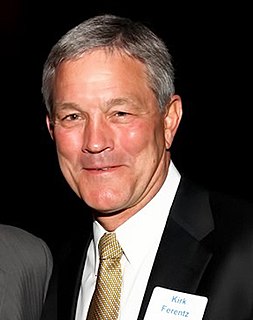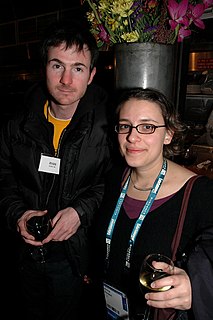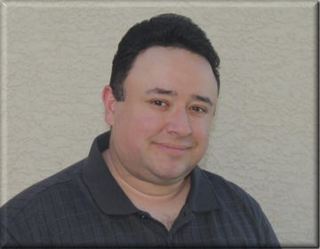A Quote by Travis Knight
When we started on 'Coraline,' there was a whole host of things that we had no idea how we were going to do. Because we were making films in a way that had never really been done before, we were taking this hundred-year-old art form and bringing it into a new era by embracing technology and innovation.
Related Quotes
I have a very close friend who is a brilliant clown, and I always wanted to do a show with him. So I did one year at La MaMa Theatre. I had not done stilts before that show, and I had about two weeks to learn how to do that, and they were just made with off-off Broadway money. The ones that I had in Rogue One were made by [Industrial Light & Magic]. So they were really easy. They were made with actual prosthetic feet on the bottom. They were athletic, in a way. I could run in them. There was a bounce to them that I could use.
I mean, when I got to Brown, the place was riven, because you had older professors who were basically new critics and had been teaching a certain way for 30 years. And then you had this other gang who was down with the semiotic program. And as a student, you were, in a way, forced to choose which cohort you were going with.
AMD's history is we've always had great technology. We've had periods of time where we've done really, really well, and we've had periods of time where we've done not so well. But most of the time we've done well, it's because we've had a leadership product or some technology where we were out in front before anybody else.
I found the people to be very kind and generous. It was unique because the crew was mainly Ugandan [filming The Last King of Scotland]. They had never done a film before. So, they were learning the process of making films, but at the same time they were also helping with the authenticity of the film.
We had similar interests with Derek Rowan and Paul Hewson; it sounds really pretentious at 12, 13 year old kids were like into art and poetry, but we were. We weren't into football, we were into making music or being into music and painting and stuff like that. And we called this sort of little gang Lypton Village and we made up imaginary games and this is one day we'll form bands and one day we'll make movies and one day we'll do this and one day we'll do that. A lot of kids do this in their own way, except 25, 30 years later legend happens because some of us have become quite well known.
I think, actually, that it's a really fascinating time in history because the development of modern technology and the photographs the satellites were taking from space were mapping the earth in a new way, making us feel like the globe we inhabit is much smaller than previously conceived of, in the human mind.
We never had a catalogue; we never said we were going to duplicate these pots this year and next year and the year after that and so forth. We did make many pots which were repeated, but we allowed them to change and to grow as we changed and grew, and I think that was the big difference. And that's all right; we were working for ourselves. We didn't have anybody we had to pay.
What a host of little incidents, all deep-buried in the past -- problems that had once been urgent, arguments that had once been keen, anecdotes that were funny only because one remembered the fun. Did any emotion really matter when the last trace of it had vanished from human memory; and if that were so, what a crowd of emotions clung to him as to their last home before annihilation? He must be kind to them, must treasure them in his mind before their long sleep.
Into this wild-beast tangle these men had been born without their consent, they had taken part in it because they could not help it; that they were in jail was no disgrace to them, for the game had never been fair, the dice were loaded. They were swindlers and thieves of pennies and dimes, and they had been trapped and put out of the way by the swindlers and thieves of millions of dollars.




































